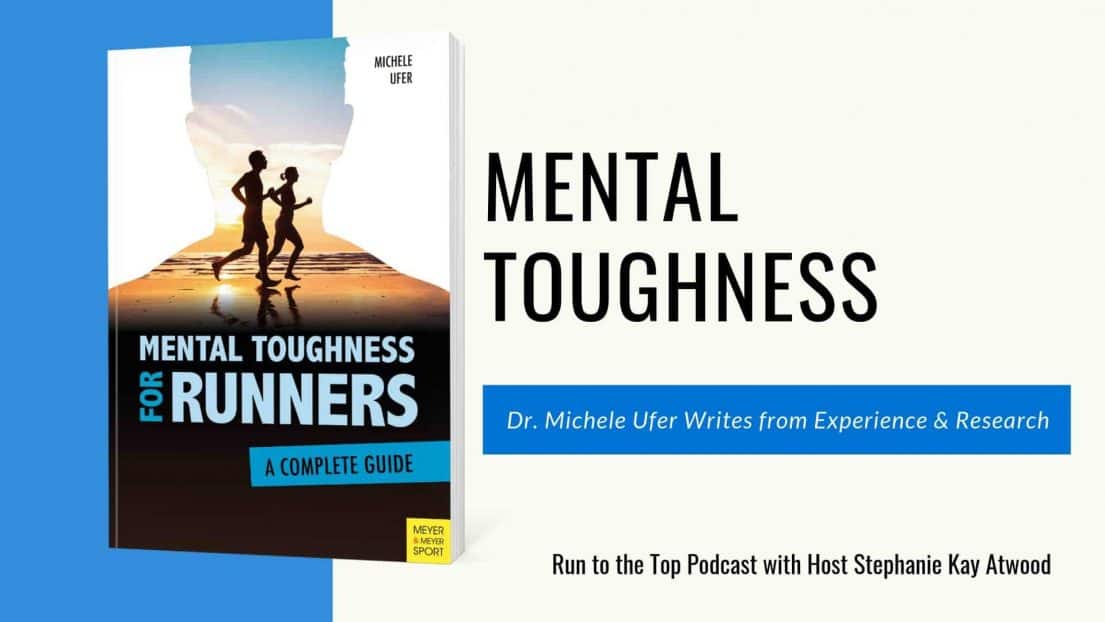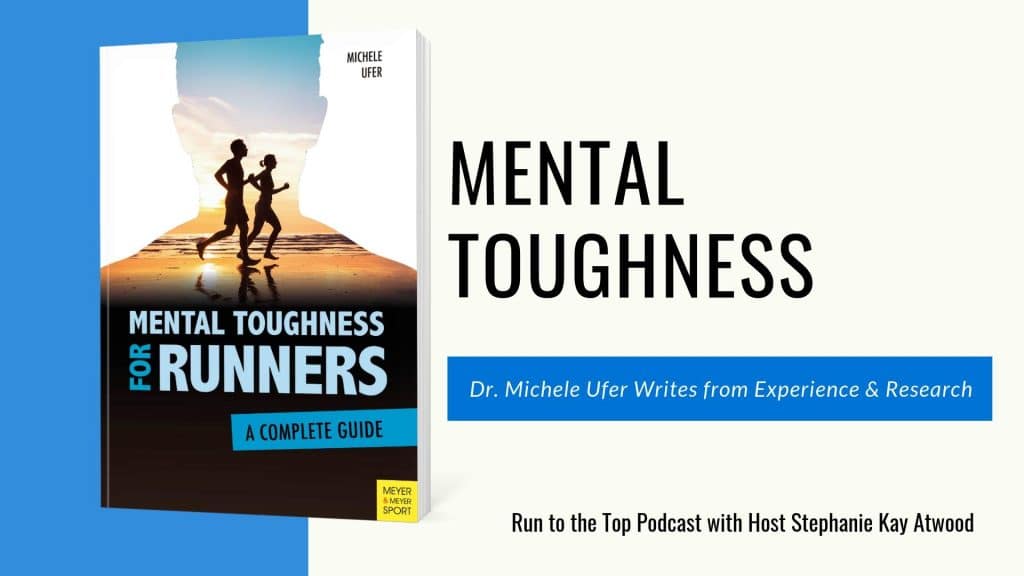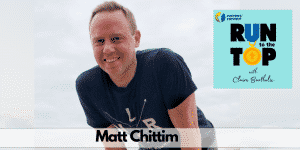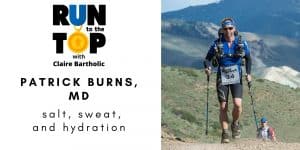Mental toughness can improve your running
Major League Baseball Hall of Famer and New York Yankees catcher, Yogi Berra, is quoted as saying, “Baseball is ninety percent mental. The other half is physical.” He could just as easily have been talking about running.
Yes you can!
Leveraging his college experience organizing and leading expedition trips that helped people discover, and push past, what they thought were their limits, Dr. Michele Ufer has written a bestselling book on mental toughness training for runners. He is an internationally sought-after expert in sports and management psychology and a successful ultrarunner. As speaker, coach, and mental trainer, the bestselling author motivates athletes, executives, and other high performers, promoting top performance.
Challenges beyond the marathon distance
As a runner and someone who pushes his own boundaries, he is attracted to challenges beyond the marathon distance, sometimes at great heights. Whether it’s a desert, rainforest, Himalayas, or the polar circle, Michele Ufer is at home on the most extreme running tracks. He has repeatedly achieved top 10 ratings in international (extreme) races covering a distance of up to 250km using his training methods. He researched psychological aspects in running, and presented his findings at lectures, scientific congresses, and in magazine articles.
Michele has also produced an award-winning documentary about the highest marathon in the world, the Tenzing-Hillary Everest marathon in Nepal, which he has finished three times. And he is the organizer of Germany’s first and only 24-hour trail race festival called TRAILDORADO.
Challenges in all weather types
In this interview Michele talks about his own experience as an ultramarathon runner, gives insights into what mental training is, how we can apply it and what the benefits are. He also talks about his research in running psychology for which he traveled to extreme races on four continents. The results of that research has implications for all of us interested in better understanding the power of mental toughness for excelling our pre-conceived limits.
Questions Michele is asked:
2:57 First Four:
- How old are you?
- Where were you born?
- Where do you live now?
- What is your favorite running distance?
4:10 What mental tools did you use to prep for the 250K Atacama Crossing, your first-ever race, in just 3 ½ months?
5:46 What was the mental imagery that you were using?
7:54 Were you in good shape before starting your training?
11:27 How did you put all the pieces together to make it happen?
12:35 Were you excited by the sheer challenge?
14:11 What was your plan once you decided to run the race?
15:57 How did you apply your mental training during the race?
18:47 What is your background with mental training and coaching?
22:07 How did your experience leading expeditions result in writing a book?
26:04 What exactly is ‘mental training’ and why do recommend this as part of a runner’s training?
29:35 What did you investigate on four continents and how can we apply it to our training and racing as runners?
33:48 On what continents and courses did you conduct your research?
36:49 Did you have control over getting data from your participants?
37:31 What did you learn that can apply to us as runners who are trying to exceed our self-imposed limitations?
42:45 How important is it to visualize the completion of an event or goal?
45:19 How does failure fit in with confidence, resilience and mental toughness?
47:53 What’s your next endurance event?
48:53 Any final thoughts?
51:44 Final Kick Round:
- What is your favorite local training run or outing (location, starting point, parking, distance, terrain and safety issues)?
- Favorite book(s), video or resource?
- A person you would recommend as a future guest?
Quotes:
“I saw that there was a chance that I can finish, but there’s also a chance that I won’t finish, so it was kind of 50/50. And from motivational psychology we know that if a challenge is not really a challenge, we are not really motivated; if something is way too difficult, we are not really motivated. So, if it’s about 50/50, we really have the potential to achieve the goal and master something.”
“At the beginning, I defined what was crucial to make it to the finish. Most important for me was ‘It’s your feet that carry you through the whole week.’, so your feet have to be alright. I defined my feet should be really fresh and light. I then searched for an image I could apply in order to get this emotion into my body. One of the images was walking barefoot at the seashore.”
“If you imagine yourself swimming in the pool or cycling, it activates the same muscle, the same nerves as the real movement. It’s less, but still it’s measurable and has an impact.”
“Ultra Running is getting more and more popular, but there is very little research on sports psychology and even less research on sports psychology in Ultra Running. And there’s almost no research on ‘Flow’ in running or Ultra Running. If I couldn’t find an answer, maybe I could find the answer myself.”
“The Atacama Crossing really gave me the strength to get into a Ph.D and finish it in a very short time and without any funding. And it gave me the confidence to write the book”
Take a Listen on Your Next Run
Want more awesome interviews and advice? Subscribe to our iTunes channel
Mentioned in this podcast:
Run To The Top Winners Circle Facebook Community
Free RunnersConnect Glycogen Calculator
Book: Mental Toughness For Runners by Michele Ufer
Tenzing-Hillary Everest-Marathon Event Video
Book: Born To Run by Christopher McDougall
Study on Burnout – Melanie Schipfer
Follow Michele on:
We really hope you’ve enjoyed this episode of Run to the Top.
The best way you can show your support of the show is to share this podcast with your family and friends and share it on your Facebook, Twitter, or any other social media channel you use.
If more people who know about the podcast and download the episodes, it means I can reach out to and get through to the top running influencers, to bring them on and share their advice, which hopefully makes the show even more enjoyable for you!
—
Thank you to you, our listeners, for supporting Run to the Top.








